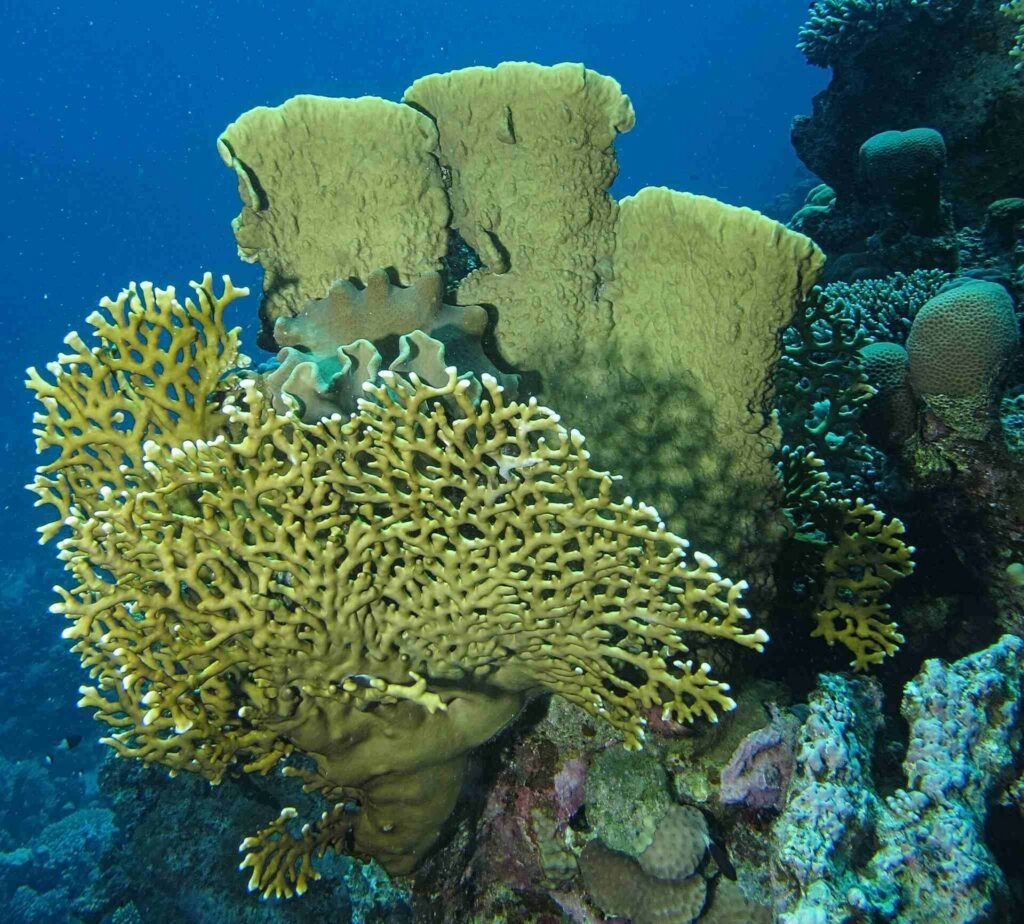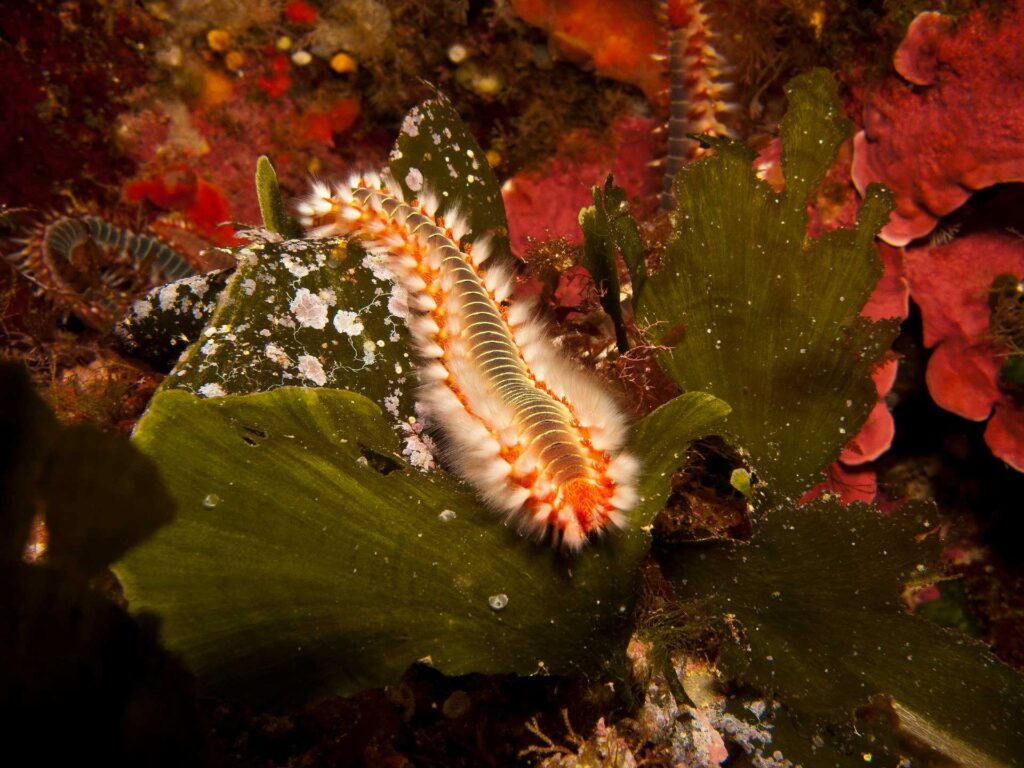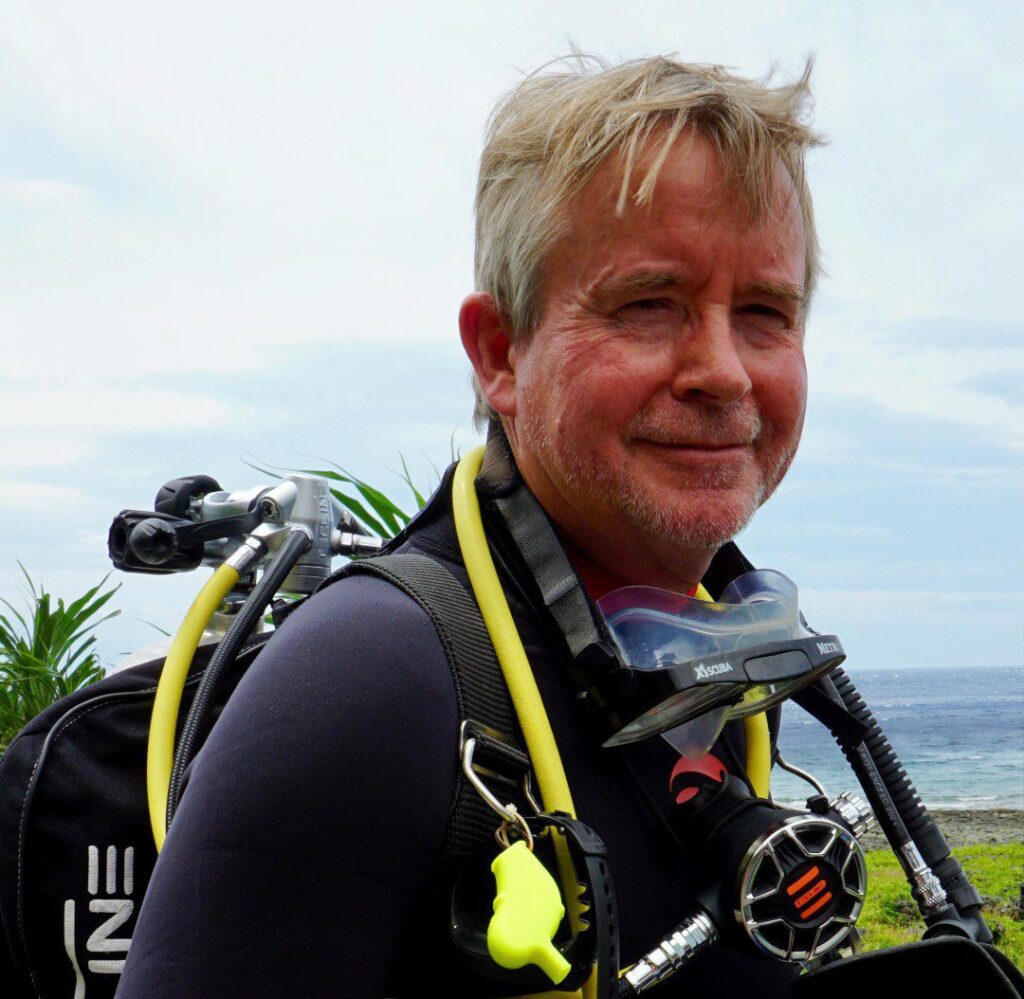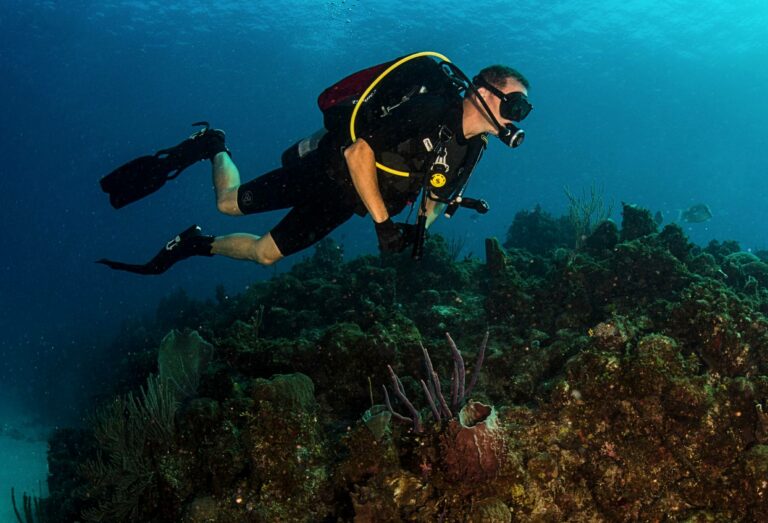Scuba divers usually take it for granted that wearing gloves is a no-no on warmwater dives – but can an argument be made for their use? Noted technical diver and author SIMON PRIDMORE has been considering the question in his Scuba Conversational newsletter
In our sport, tiny issues often create controversy and generate strong opinions on both sides. One of these is bans on divers wearing gloves under water.
Over the past couple of months, this has come up a couple of times. A friend was badly stung on his hands while diving from a liveaboard in an area with fast, unpredictable currents, plenty of hydroids and, to make matters worse, a jellyfish bloom. He kept getting tagged by stingers, either floating tentacles or waving ferny fronds.
Then Divers Alert Network (DAN) published an article called Marine Stings in Remote Locations from an anonymous contributor that starts as an “It happened to me” story, but turns into quite a powerful call against glove bans.
This is interesting. First, the DAN people chose to publish a pretty open critique of a place with a no-glove policy and, second, (presumably) the controversy it thought this might generate induced it to leave the identity of the contributor – a dive professional apparently – anonymous. Or maybe she requested anonymity for similar reasons.

I’ll spare you the horrific images of what happened to this lady’s hand after she brushed it against some coral on a dive-trip in Lembeh Straits, Indonesia. Click here if you want to see the photos but, I warn you, they are not pretty.
She makes her main point in the My Thoughts section: “The resort enforced a no-glove policy. The premise of this policy is that divers do not touch anything with their hands and only use a muck-stick to ‘control’ their buoyancy, thereby not damaging the environment.
“On the one hand, this policy has its merits but, on the other hand, in an area of poisonous fish and corals, this policy can, at worst, risk a major health hazard and, at best, ruin a dive holiday.
“I question whether such a policy should be enforced in such areas and want to bring awareness to other divers visiting this destination, and other locations with a similar policy.”
She also complains about the poor preparedness of the dive resort she was diving with and it is this point that the DAN commenters seize on, with an assurance that DAN in Indonesia is planning a mass training programme. They do not comment on the glove ban issue.
Hand turned black
The lady obviously feels that the no-glove policy wrecked her vacation, questions its necessity and asks divers to think about the consequences of diving in places which enforce such a policy.
Just as she did, the pal I mentioned earlier had to have medical treatment on his way home as, in his case, his hand had turned black. He will never dive with an operator that enforces a glove ban again. I’m pretty sure this lady won’t either.

My view? A glove ban doesn’t stop people from messing about with marine life. It is often adopted to suggest that the dive operator is being environmentally conscious (see hotel towel policy). It’s easy to do, doesn’t require the operator to do anything and throws responsibility and blame onto the diver.
Frequent and persuasive education has a better chance of stopping this behaviour – as well as dive professionals in resorts setting a good example (and not moving animals around so that photographers can get a cleaner shot).
I have never worn gloves, but most of the divers I know who choose to wear gloves do so to avoid being injured by brushes with stinging stuff on the reef or in the water.
They wear hoods in warm water for the same reason. I don’t know anyone who wears gloves so that they can deliberately touch marine life with impunity.
All of which suggests that a glove-ban policy is lazy, pointless and misguided. And, as these two cases show, it can lead to some serious physical damage. What do you think? Let me know.

Simon Pridmore has been at the sharp end of scuba diving for 30 years, to instructor-trainer-trainer level. In the ’90s he pioneered mixed-gas deep diving in Asia, and ran the first dedicated technical dive-centre in the Western Pacific. He held the regional franchise for IANTD, also later in the UK, and worked for VR Technology. His many books include the five-volume Scuba series, dive-travel guides, a biography, a novel and diver cookbooks. Check out his website or sign up for his Scuba Conversational newsletter.
Also by Simon Pridmore on Divernet: How technical diving spread around the world, Trials & Tribulations Pt 1, Trials & Tribulations Pt 2, Looking out for number 1, Routine Matters


